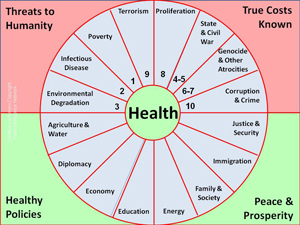Police, Public Vigilance Foiled 80 Percent of Terror Plots
Homeland Security Today
by Anthony L. Kimery Tuesday, 02 November 2010
Citizens, state and local law enforcement play vital role in uncovering attacks More than 80 percent of foiled terrorist plots between 1999 and 2009 resulted from observations by citizens or law enforcement officials or from law enforcement investigations, according to a new report by the Institute for Homeland Security Solutions (IHSS) that reviewed open-source information on 86 foiled and successful terrorist plots against US targets from 1999 to 2009.
“Since 2001, the Intelligence Community has sought better ways to detect and prevent domestic terrorist plots, said Kevin Strom, senior research scientist and the report's lead author. “What this report reveals is the vital role played by citizens as well as state and local U.S. law enforcement agencies in uncovering such planned attacks.”
Years ago, Robert David Steele, a noted veteran intelligence officer, told HSToday.us that “fifty percent of the ‘dots’ that prevent the next 9/11 will come from bottom-up [local] level observation” and unconventional intelligence from “private sector parties.”






